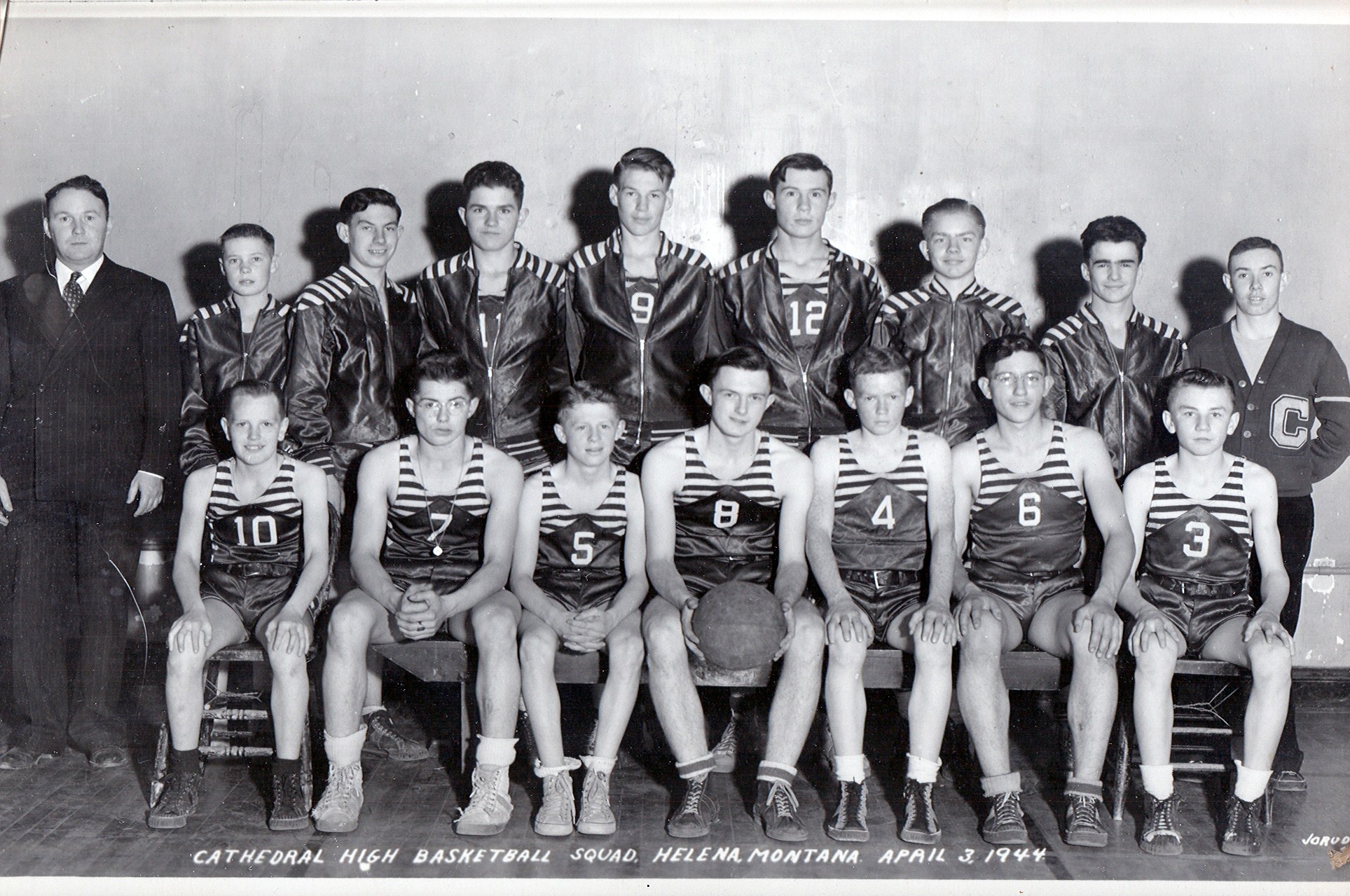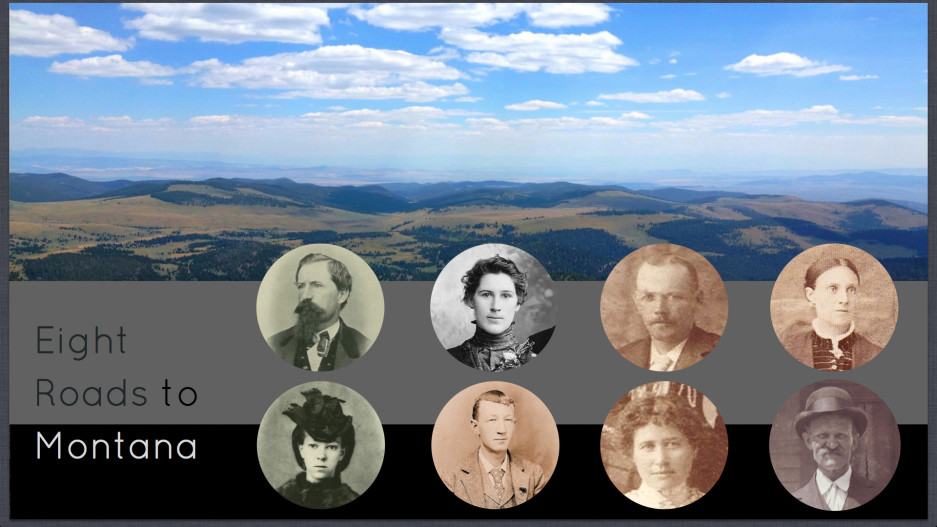
As part of my 2016 resolution to organize my small mountain of genealogy records once and for all, I am in the process of transcribing and analyzing all documents I have collected over the years. Yesterday, I worked on an interesting document I discovered only a few months ago. The document is a job application and comes from the personnel files of the Northern Pacific Railway Company. Apparently, my father applied for a job as a “yard clerk” on May 13, 1944 – when he was a junior in high school and only 17 years old.
Backing up just a bit, one of the tasks of being the family historian is to transcribe each and every document or record that comes into your possession. It seems a little odd to transcribe a job application but I’ve learned that you sometimes pick up on little bits of information you wouldn’t ordinarily pay attention to, had you not transcribed the record.
In the case of this document, I got to the end of the page and had the feeling there might be an additional page. So I went back to the web site where I originally discovered the document and indeed there was a second page – entitled “Notice of Suspension, Dismissal or Resignation”. Interesting.
It turns out my father applied for and was hired by Northern Pacific Railway Company and given a start date of May 19, 1944 – but apparently never showed up on the first day of work! And so he was summarily “relieved” of his position as a yard clerk. The document states:
Did not show up for work after having filled out personal record papers.
I read and re-read the Notice several times – I mean, how could it be that my father was “relieved” of a job? And then I started asking myself a few questions. How old was he when he applied for the job? Why did he apply for the job? And most all, why would he apply, get the job, and then not show up?
I did the math and determined he was 17 years old at the time and just finishing his junior year in high school. That year seemed to be a good one and he was doing well on the school’s basketball team. According to an article from the The Independent-Record dated January 6, 1944:
Most improved man on Coach John Thomas’ club was young Sid [sic] Dalin who gave a conclusive demonstration that he is a forward who will prove valuable to Cathedral as the season progresses.

So why would a young man, doing well in school, apply for what appears to be a full-time job? And there is nothing on the face of the application to indicate it was other than that. Is it possible he was actually considering dropping out of school? And why would he do that?
And then I remembered my father telling me on several occasions that his family struggled financially. One story he told me involves the $1-per-year Catholic school tuition that his parents couldn’t afford to make – which, by the way, didn’t mean your children couldn’t attend school but I’m sure was a source of shame for my father and his family. But at some point after graduating from high school and obtaining his own income, my father went back to the Church and paid off his $12 share of that debt.
Did my father apply for the job because he felt he had to step up and help out? He was, after all, the oldest son. If that was the case, it seems likely that in between the job application and the start of the job he would have had to tell his parents about his plan – and perhaps they insisted he should stay in school.
I’ll never know the answers to these questions, of course. And perhaps the truth behind the job application is not at all close to what I might imagine. But now I will always wonder about the story of the $1-per-year tuition, since my father rarely shared details of his past.
As an aside, I was surprised at the emotion I felt upon seeing my father’s handwriting. He passed away in 2001 but suffered for a number of years prior to his death from Alzheimer’s. So in a way, I felt as though he was “gone” long before his actual death. Seeing his handwriting on a document I had never seen before felt like a visit from him. The way he used to be. Capable, familiar and comforting.

